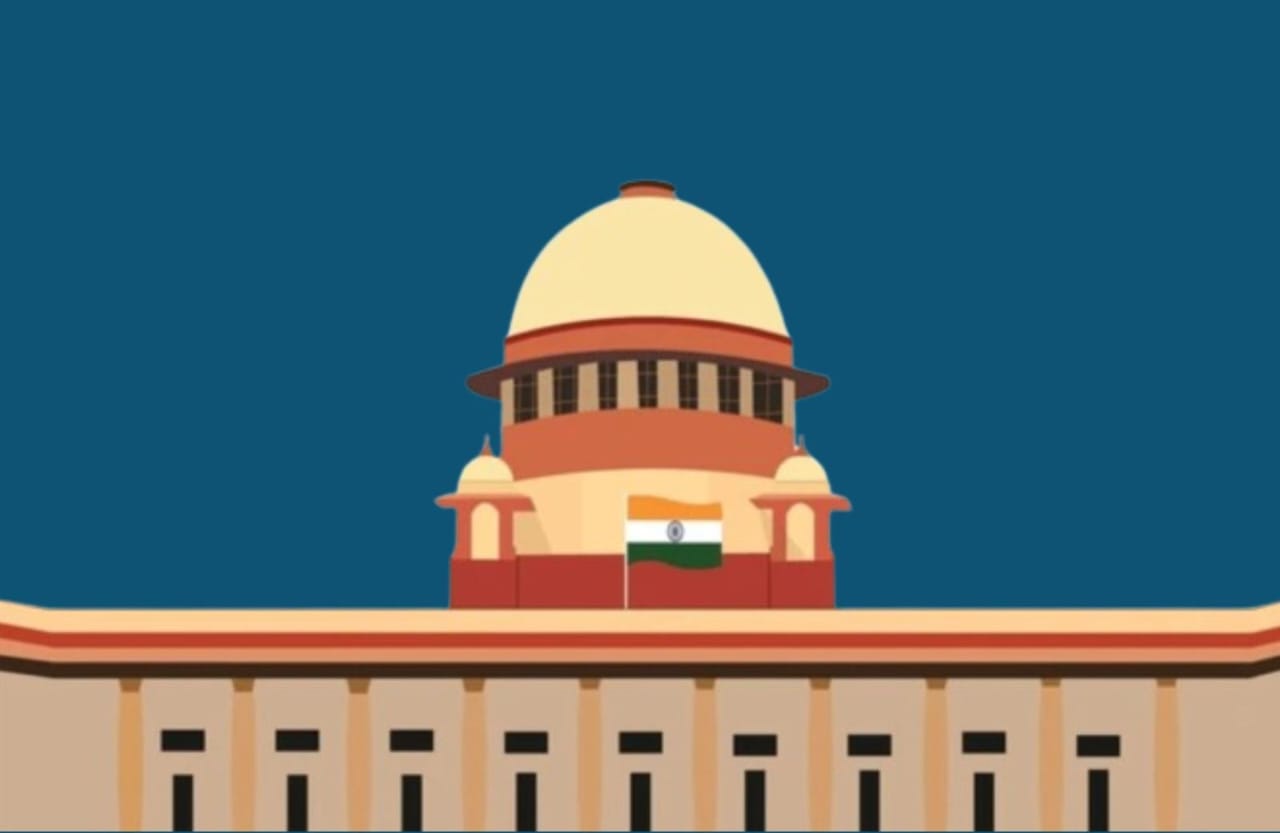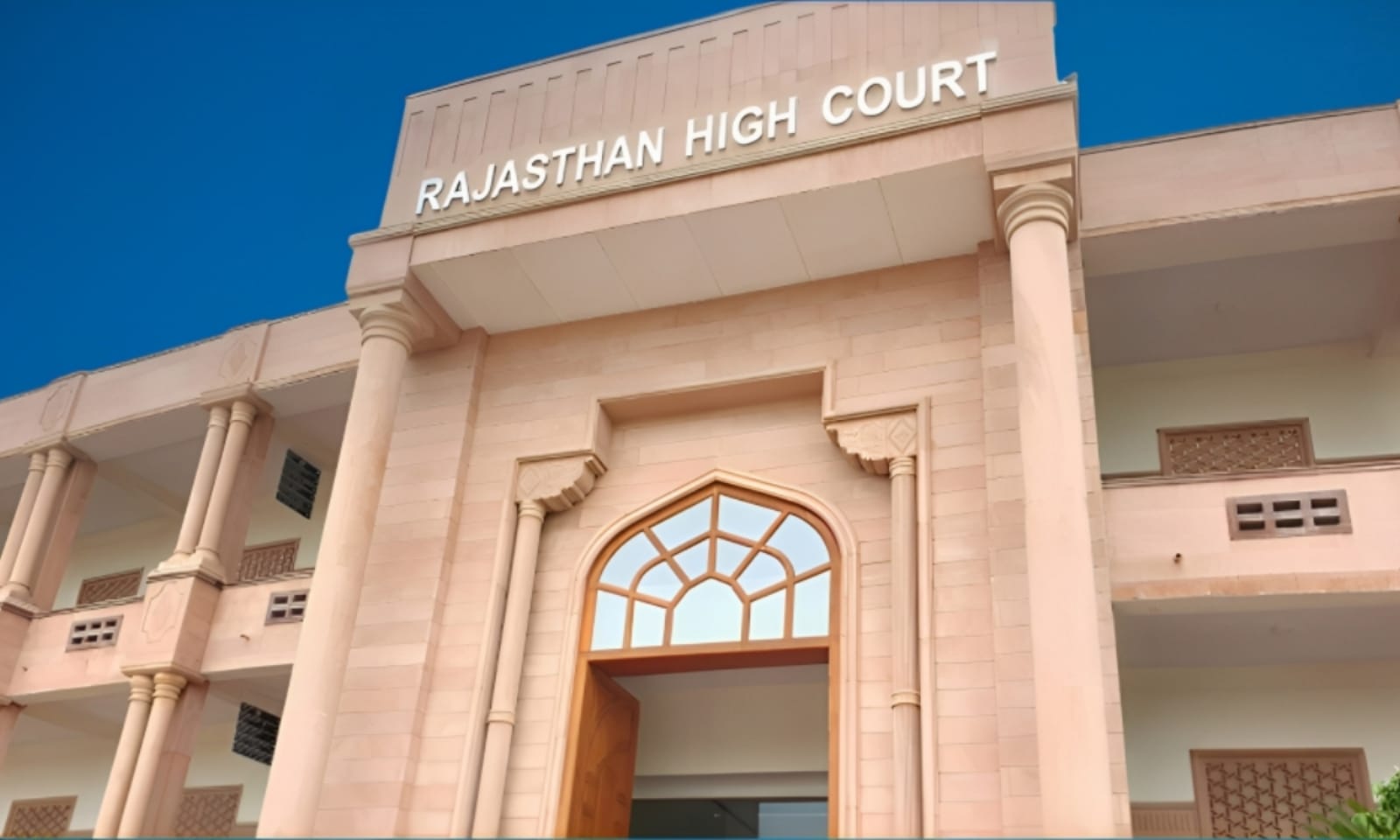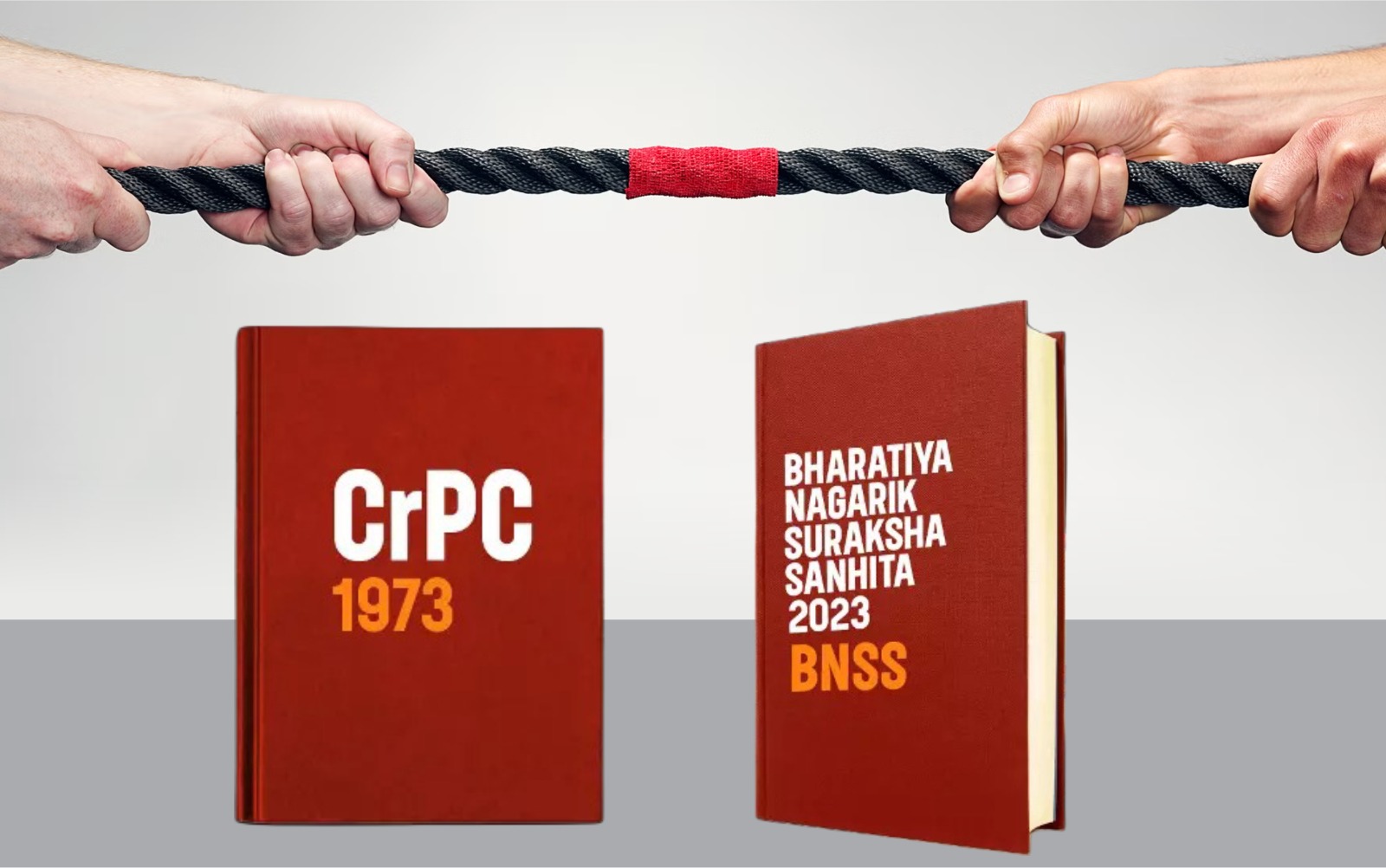Understanding the Supreme Court's Decision on Remand Powers in Arbitration Appeals
The Supreme Court of India's decision in the case of Bombay Slum Redevelopment Corporation Private Limited v. Samir Narain Bhojwani (2024 INSC 478) delves into the intricacies of appellate powers under Section 37(1)(c) of the Arbitration and Conciliation Act, 1996. This pivotal judgment addressed whether an appellate court could remand a case to a lower court in arbitration matters.
High Court of Jammu & Kashmir and Ladakh Quashes FIR Due to Improper Application of Section 156(3) Cr.P.C.
In a recent judgment, the Jammu & Kashmir & Ladakh High Court presided over by Justice Rajnesh Oswal, quashed an FIR registered under Section 336/304-A IPC against Vinod Kumar. The case revolved around an application filed by Somi Devi under Section 156(3) Cr.P.C., leading to the registration of FIR No. 11 of 2023 by the Chief Judicial Magistrate, Kishtwar.
Supreme Court of India on Section 29-A of the Arbitration Act: A Detailed Analysis
In the landmark case of Chief Engineer vs. BSC&C, the Supreme Court of India addressed the critical issue of time limitations under Section 29-A of the Arbitration & Conciliation Act. This section mandates the timeline for completing arbitral awards, which must typically be within 12 months of the tribunal's constitution, with a possible six-month extension by mutual consent. Beyond this period, any further extension requires judicial intervention.
High Court of Rajasthan Decision on Cheque Dishonour Case: Amendments Allowed to Correct Typographical Errors
The Rajasthan High Court recently delivered a noteworthy judgment in the case of Mahaveer Prasad Suman vs. Lalit Mohan Sharma, focusing on the implications of typographical errors in legal documents within the context of Section 138 of the Negotiable Instruments Act (N.I. Act).
A Limitation Period for Applying to Court for Appointment of an Arbitrator: A Necessary Reform?
The current arbitration landscape in India lacks a statutory limitation period for parties to apply to courts for the appointment of an arbitrator. This gap has led to significant delays and inefficiencies, often defeating the very purpose of arbitration as a swift and effective dispute resolution mechanism.










